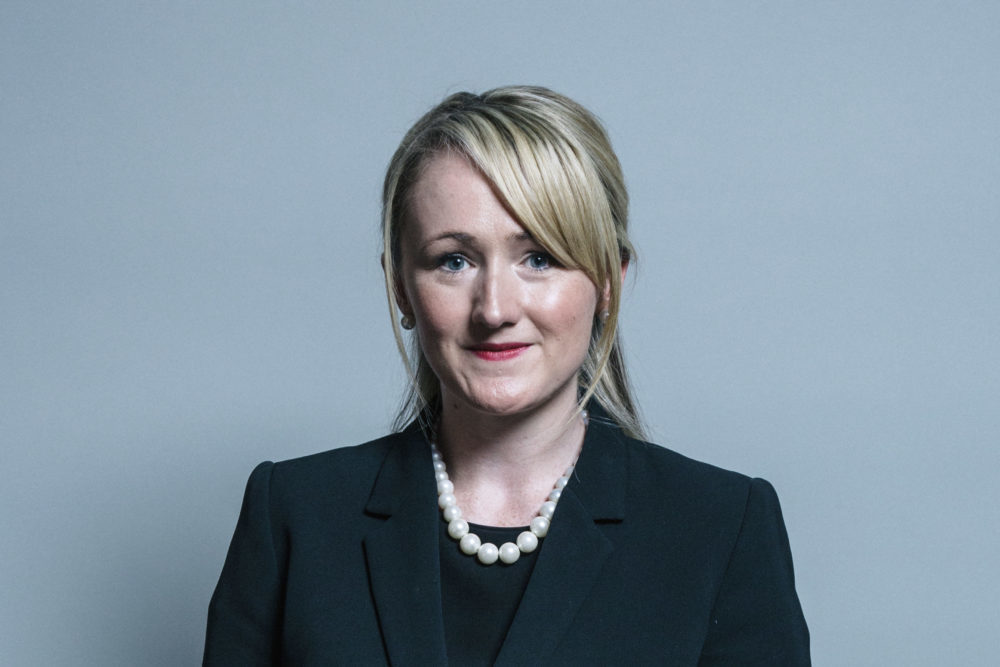Labour will stop the rollout of Making Tax Digital to all VAT-registered small businesses if it wins the general election.
Currently, MTD only applies to VAT-registered small businesses with turnover higher than £85,000. However, HM Revenue & Customs is planning to extend MTD to all VAT-able small businesses in its drive to find more revenue.
Rebecca Long-Bailey, shadow business secretary, told Radio 4’s Today programme: ““We’re going to scrap quarterly reporting for companies with turnover under £85,000.”
Long-Bailey was speaking on the morning Labour published its 20 Pledges to Business document, which encapsulates Labour’s thinking when it comes to helping small businesses, which Long-Bailey describes as “the lifeblood of our economy and our communities”.
>See also: Business rates reform key, says Labour business chairman Rachel Reeves
Although most of the 20 pledges have been announced elsewhere, those of most interest to small business are:
Reform business rates
- Introduce statutory annual revaluations to stop small businesses facing periodic and unmanageable rate hikes
- Guarantee a fair and transparent appeals process
- Exclude new investment in plant and machinery from future business rates valuation to encourage investment
Establish a £250bn UK National Investment Bank
The National Investment Bank and a network of regional and national development banks will have three arms, one focused on financing SMEs.
Establish a Post Bank to provide relationship banking for SMEs
Labour’s publicly owned Post Bank, run through the post office’s 3,600 branch network, would offer face-to-face relationship banking for small businesses.
Create a new Business Development Agency
The BDA would be a one-stop-shop for business support also championing SMEs to government. The BDA’s advisers would offer the face-to-face relationship banking provided through the Post Bank. The models for the BDA are the Australian Small Business and Family Enterprise Ombudsman and the US’s Small Business Administration. Like the SBA, the BDA will also promote SMEs in government procurement and support small businesses to access government contracts.
Long-Bailey said: “What we want is a one-stop-shop for every entrepreneur and business so that they know were to be directed to if they want financial advice, especially if they want to bid for government procurement contracts.”
Stamp out late payments to small business
- Labour would scrutinise that anybody bidding for a government contract pays its own suppliers within 30 days
- Develop a version of the Australian system of binding arbitration and fines for persistent late payers
The Federation of Small Businesses (FSB) estimates that small businesses are owed £26bn in late payments. Nearly 40 per cent of small businesses have run into cash flow difficulties as a result of late payment, 30 per cent have been forced into an overdraft and 20 per cent said profit growth had slowed because of late payers.
Speaking at an FSB small business hustings last week, shadow chancellor John McDonnell said: “It’s brutal. We’ve seen companies go to the wall because of this.”
Free full-fibre broadband to all business premises by 2030
According to Labour, 94 per cent of small business owners rate a reliable broadband connection as critical to the success of their business and the CBI says that over 90 per cent of businesses believe that digital technologies are a crucial driver of increased productivity.
Give businesses more flexibility over how they use the Apprenticeship Levy
Allow it to be spent on all accredited training, not just apprenticeships.
Cap energy bills for microbusinesses
Labour will introduce a £/kwh cap for non-energy intensive microbusinesses (i.e. a maximum rate suppliers can charge per unit of electricity or gas).
Make £250m of funding available to manufacturing SMEs to help them embrace digital technology
It has been forecast that UK manufacturing could increase turnover by £455bn over the next decade if it adopts digital technology, creating 175,000 jobs.
>See also: Labour reveals plans to increase corporation tax to 26% in 2019 manifesto
Less popular with small businesses will be Labour’s plan to reinstate small profits corporation tax at 21 per cent for any small business whose profits are over £300,000 a year – back to where it was in 2010.
Defending the move, Long-Bailey pointed out that Labour’s proposed corporation tax hike would still leave the UK with lower corporation tax than in France (33 per cent), Germany (30 per cent), and Japan (31 per cent).
Commenting on Labour’s business pledges, FSB national chairman Mike Cherry said that, although welcome, “urgent clarity” is needed around how Labour plans to protect small firms with moderate turnovers from its proposed changes to raise dividend tax from 7.5 per cent to 20 per cent.
“The party promised that no business owner making less than £80,000 would be targeted if it wins power. But, as things stand, it’s hard to see how that will be the case.”
Further reading on general election
General Election 2019: what the parties say about small business





